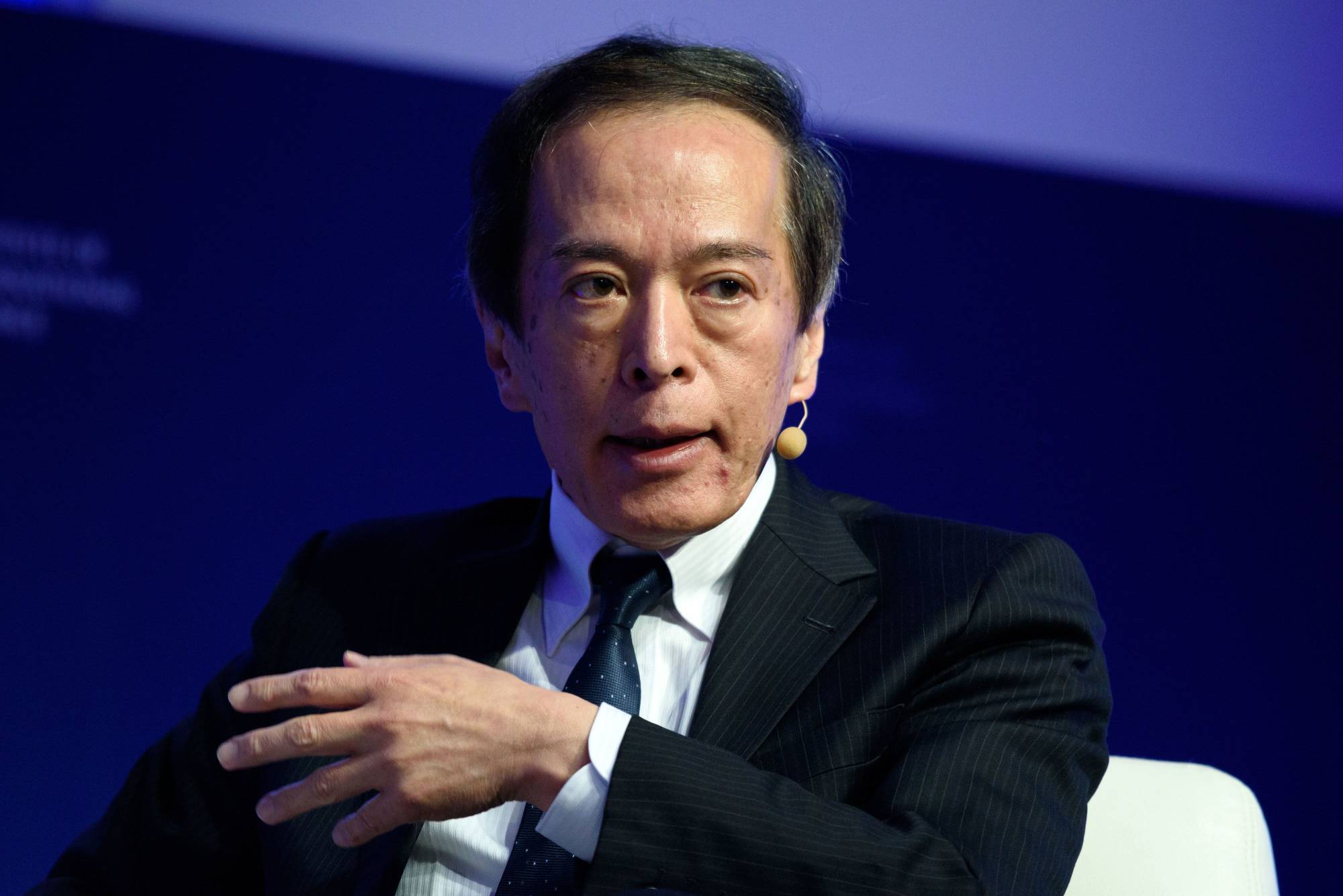After a flurry of speculation, the nomination of Kazuo Ueda as new head of the Bank of Japan has come as a double surprise.
For one thing, Ueda wasn't really considered a possible candidate by the media and market observers. On top of that, he lacks the typical background of a BOJ governor.
Ueda, a professor at Kyoritsu Women’s Educational Institution, wasn't really on their radar because the BOJ governor job has traditionally been assumed by a long-serving Finance Ministry bureaucrat or central bank official — he will become the first academic economist to lead the BOJ in the post-World War II era if his appointment is approved by parliament.

















With your current subscription plan you can comment on stories. However, before writing your first comment, please create a display name in the Profile section of your subscriber account page.